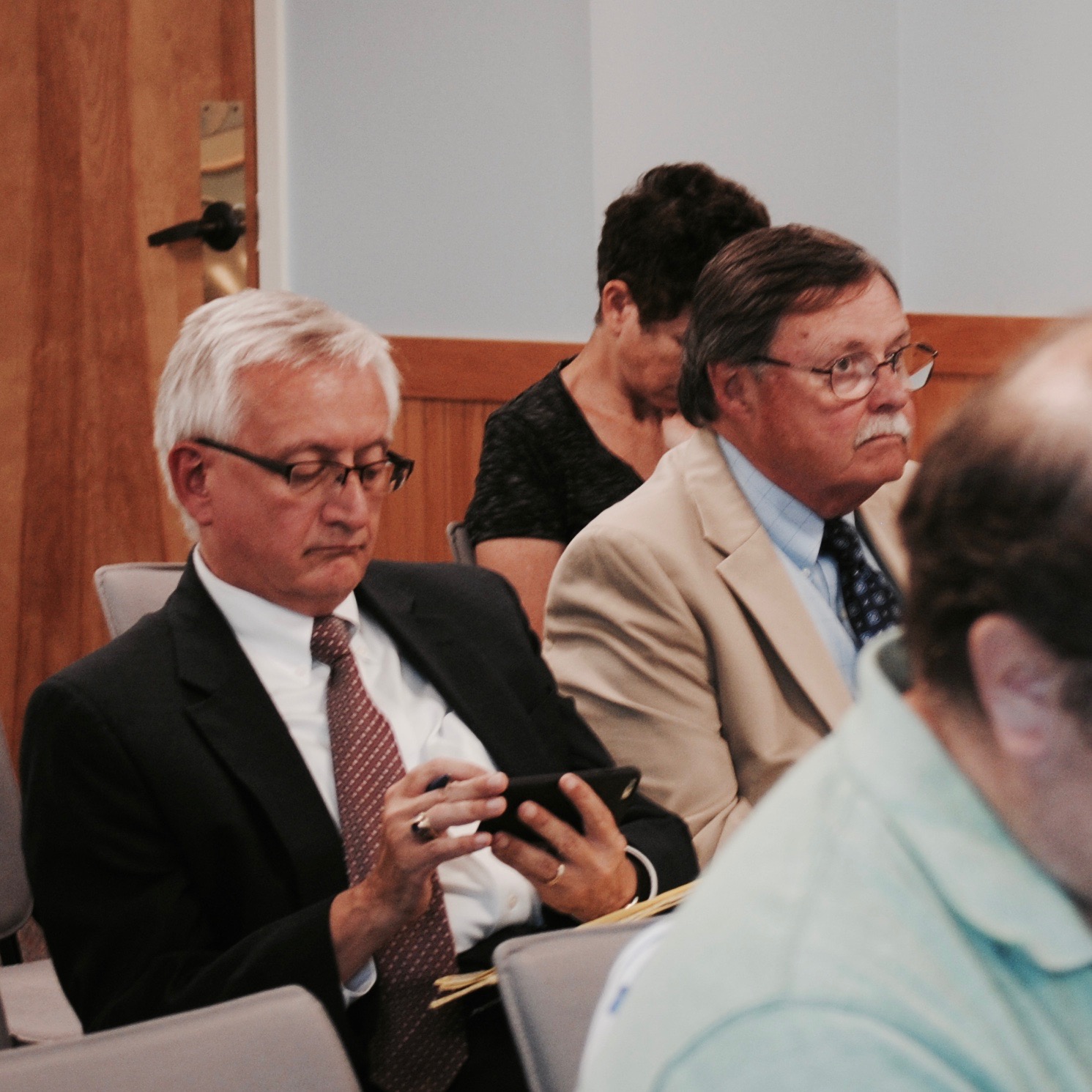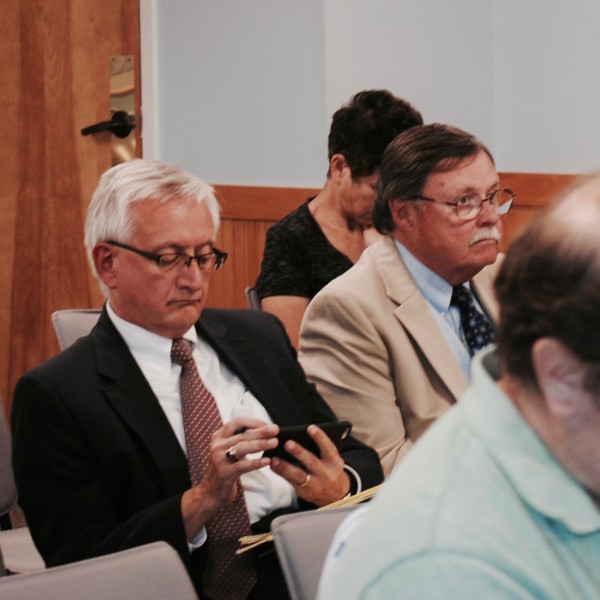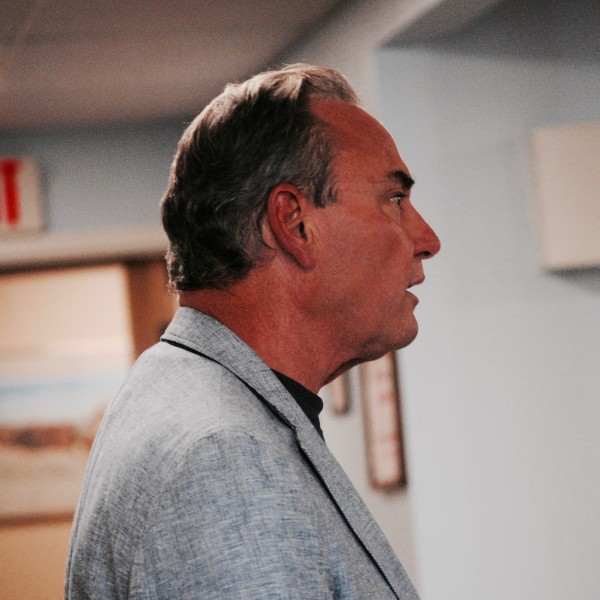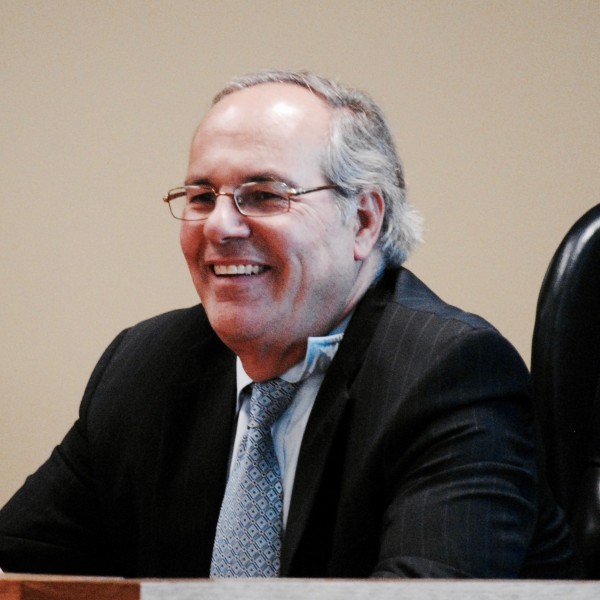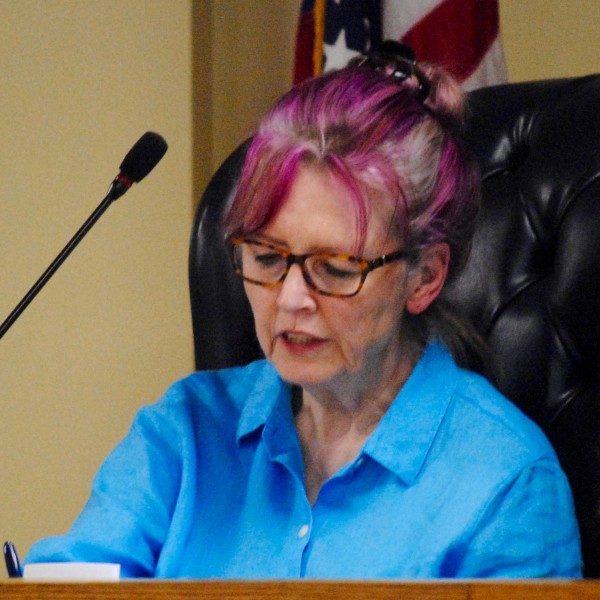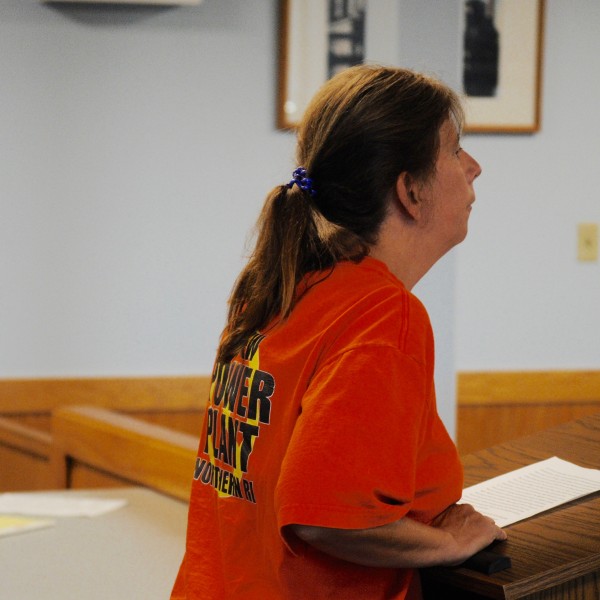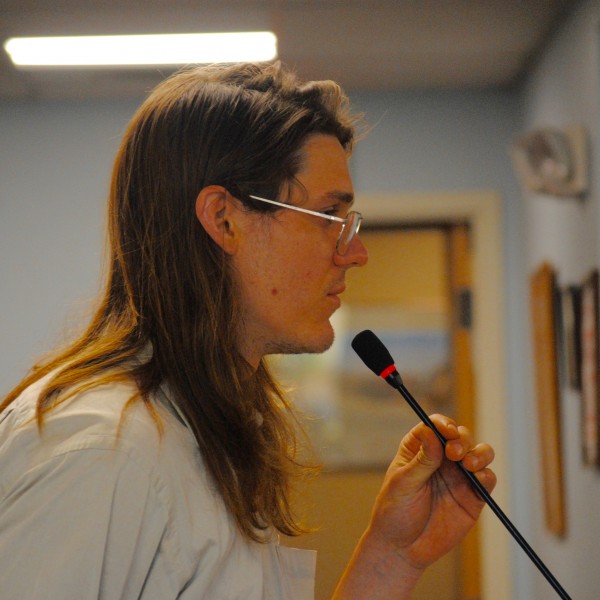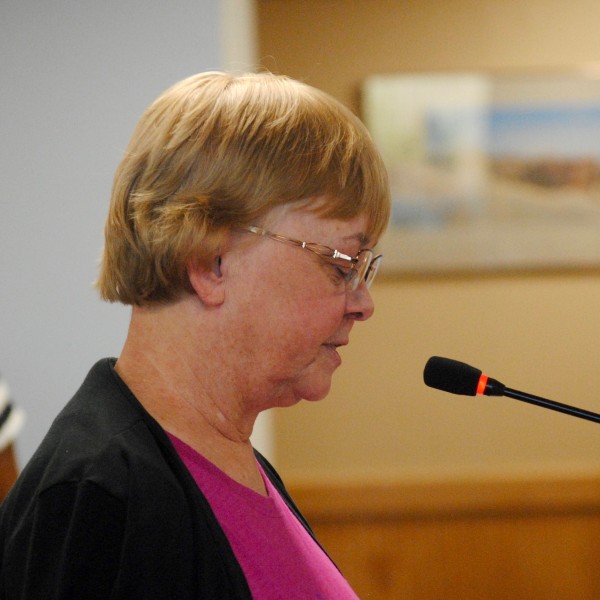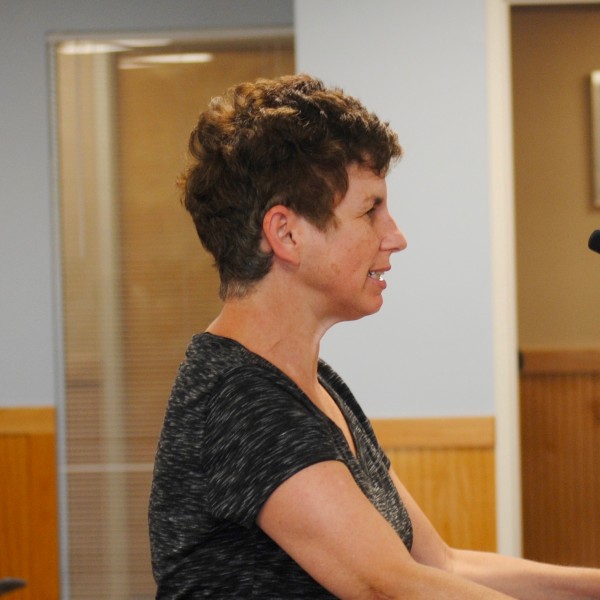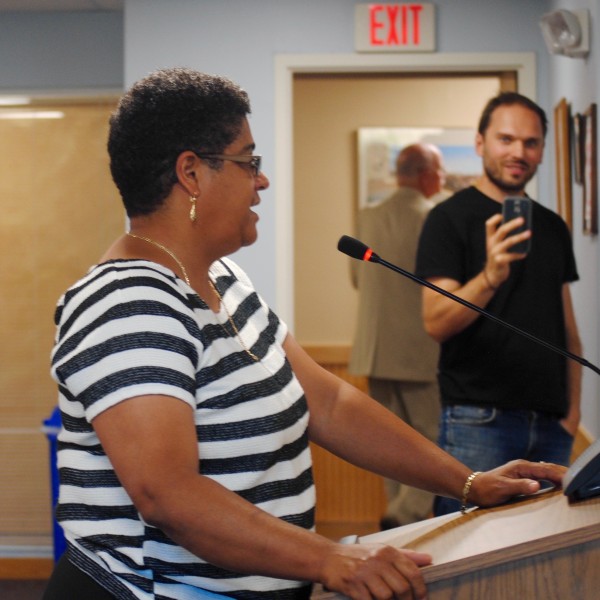 When the Providence Police Department, the Woonasquatucket River Greenway Project, the Olneyville Housing Corporation, and the community joined forces, it was all for the love of a river. The banks of the Woonasquatucket were strewn with trash, the soil was toxic from the mill industry of a bygone era, the underused and overgrown area was a perfect invitation for drug deals and other nefarious activity.
When the Providence Police Department, the Woonasquatucket River Greenway Project, the Olneyville Housing Corporation, and the community joined forces, it was all for the love of a river. The banks of the Woonasquatucket were strewn with trash, the soil was toxic from the mill industry of a bygone era, the underused and overgrown area was a perfect invitation for drug deals and other nefarious activity.
And the children of this community, which is rich with diversity and hardworking folks trying to provide safe recreational opportunities for youth, were getting the short end of the environmental stick. It isn’t an unusual situation. But truth be told, kids and adults everywhere love nature whether in cities, suburbs or the country, whether poor or well-to-do if given an opportunity to revel in its beauty.
When the Woonasquatucket restoration began, everyone knew it was not going to be an easy job. But the benefits of the eventual payoff provided a strong incentive.
The scene then wasn’t pretty, and the work ahead was hard. The area needed to be rid of highly contaminated soil, a toxic legacy of the industrial past, new soil put in, and old soil capped to prevent exposure to lingering pollutants. The area was strewn with trash and debris that required removal by heavy manual labor.
Plantings of trees, shrubs and gardens went on unnoticed at first, until a local community group took root and started a bike shop next to a blooming community garden. All of these were small but critical steps to returning health to the river and the surrounding community.
These actions were informed by the broken window theory, which proposes that lower levels of disorder in a community lead to higher and higher levels of disorder.
Trash signals a lack of concern for residents and leads to degraded care for property, which leads to greater levels of devaluing the community and higher-level crimes. Olneyville was an example of this theory in action. Through it all ran the Woonasquatucket River, a forgotten treasure that once attracted the Huck Finn in all of us.
Once community-minded partners got together and restored the riverbanks as a haven for recreation, there arrived a burgeoning volunteer force ready to maintain it. Over 1,300 volunteers many of them local residents lent a helping hand last year alone. Today, there are bike programs, educational activities, art competitions, and Riverside Park. The area once buried beneath pollution and crime is an intergenerational gathering point for healthy play, conversation and relaxation. Criminal activity has dropped sharply and the community, its housing and environmental agencies, and the police are partners in an urban success story where a winding river now flows past peaceful banks on its way to Narragansett Bay.
The success of the Woonasquatucket River and neighborhood restoration project was featured in the recently released 2016 Watershed Counts Report, an annual update on the health of the bi-state Narragansett Bay Watershed that guides future actions. This case study focused on how the collaborative work of individuals, communities, private organizations, and state and federal authorities is critical to the protection of Narragansett Bay, one of New England’s greatest natural and economic resources.
Clean environments that support the love of nature are ubiquitous among people of every background, and should be central to uplifting efforts as dedicated citizens, advocacy groups and local governments work with communities seeking to calm troubled waters throughout the nation.

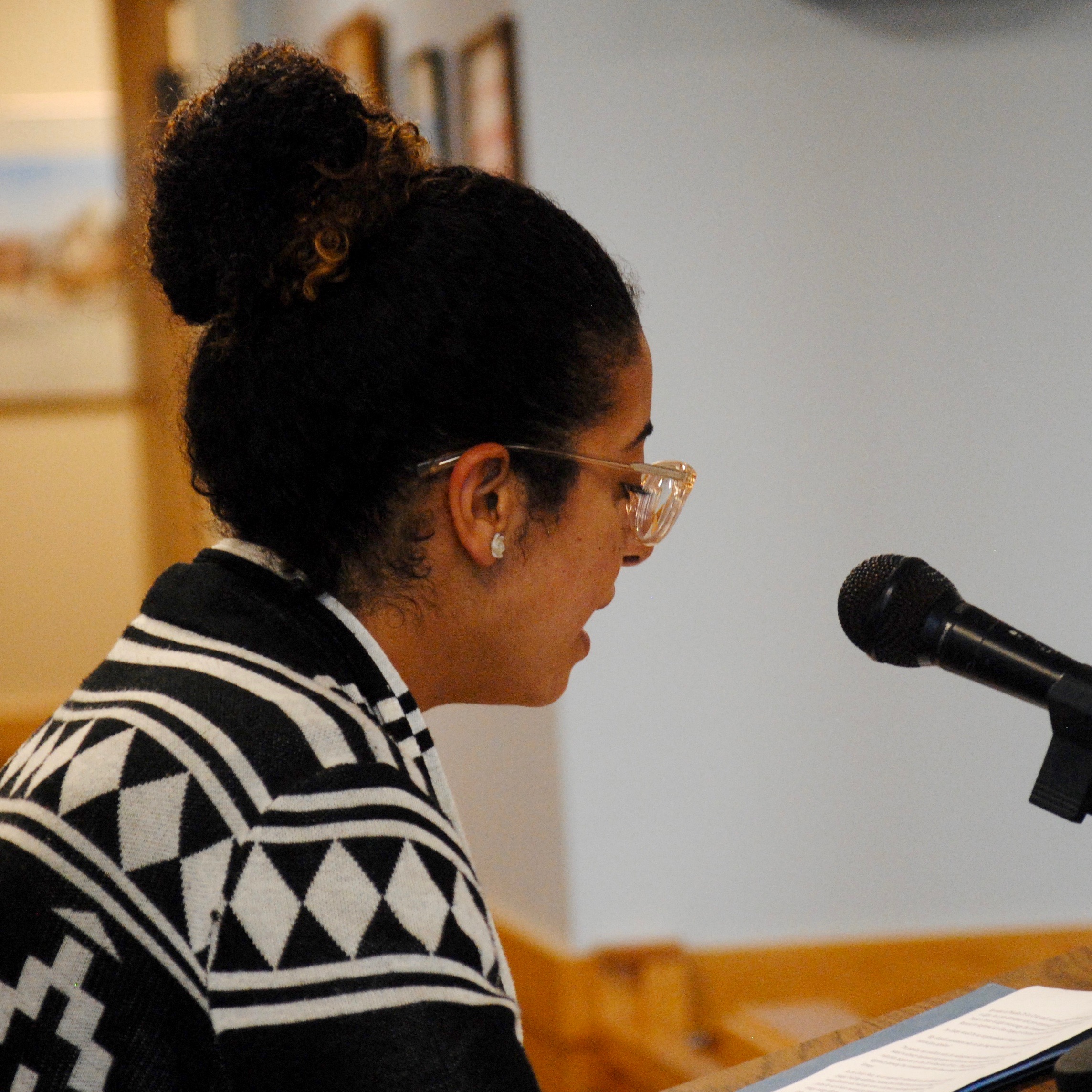
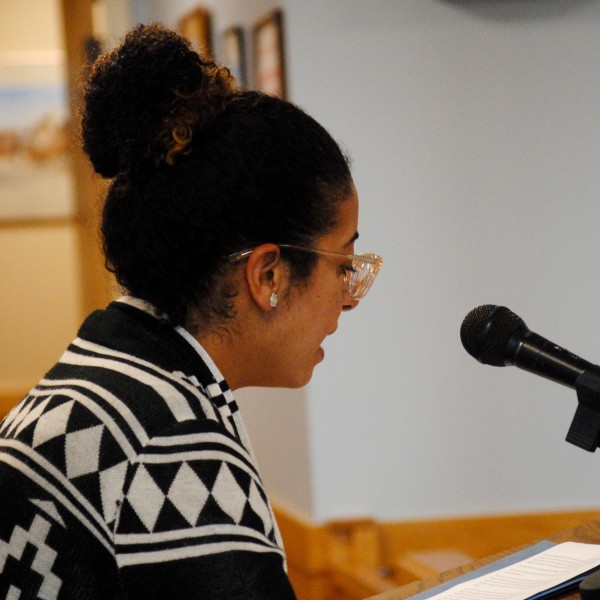
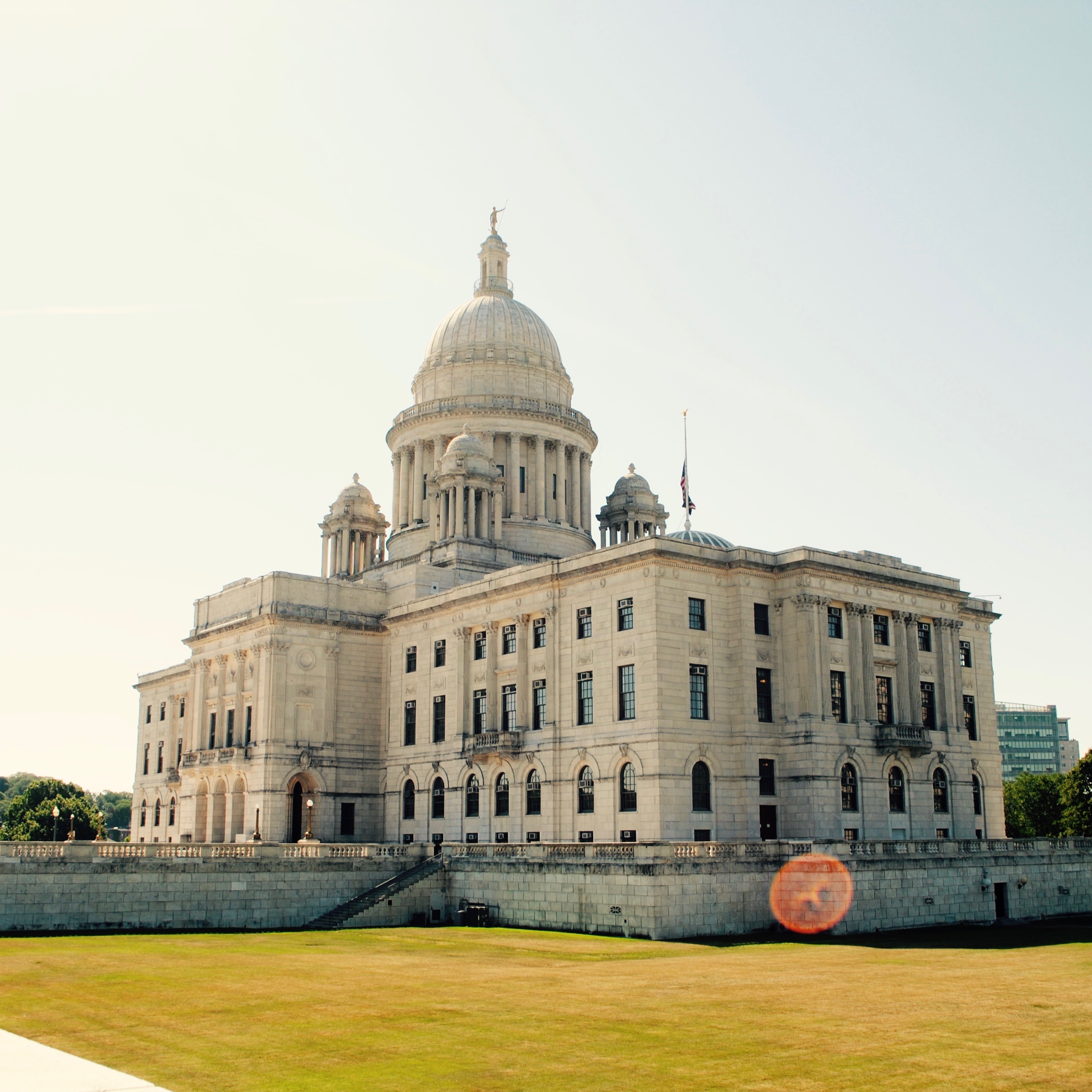
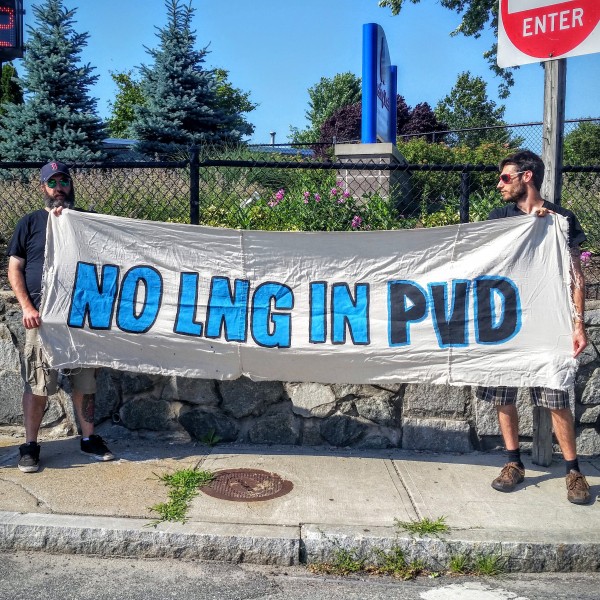 A group of Providence elected officials announced their strong opposition to a proposal by National Grid to develop a new fracked gas liquefaction facility at Fields Point in South Providence. Citing concerns ranging from costs to ratepayers, safety risks and climate impact, the legislators — including Representatives Joseph S. Almeida (D-Dist. 12, Providence), Grace Diaz (D-Dist. 11, Providence), Aaron Regunberg (D-Dist. 4, Providence), Chris Blazejewski (D-Dist. 2, Providence), Edith H. Ajello (D-Dist. 1, Providence) and John J. Lombardi (D-Dist. 8, Providence) and Senators Juan Pichardo (D-Dist. 2, Providence), Gayle Goldin (D-Dist. 3, Providence) and Sen. Harold M. Metts (D-Dist. 6, Providence) — called on the Federal Energy Regulatory Commission (FERC) to reject National Grid’s application, and warned the City of Providence against signing a tax stabilization agreement with the utility to facilitate the project.
A group of Providence elected officials announced their strong opposition to a proposal by National Grid to develop a new fracked gas liquefaction facility at Fields Point in South Providence. Citing concerns ranging from costs to ratepayers, safety risks and climate impact, the legislators — including Representatives Joseph S. Almeida (D-Dist. 12, Providence), Grace Diaz (D-Dist. 11, Providence), Aaron Regunberg (D-Dist. 4, Providence), Chris Blazejewski (D-Dist. 2, Providence), Edith H. Ajello (D-Dist. 1, Providence) and John J. Lombardi (D-Dist. 8, Providence) and Senators Juan Pichardo (D-Dist. 2, Providence), Gayle Goldin (D-Dist. 3, Providence) and Sen. Harold M. Metts (D-Dist. 6, Providence) — called on the Federal Energy Regulatory Commission (FERC) to reject National Grid’s application, and warned the City of Providence against signing a tax stabilization agreement with the utility to facilitate the project.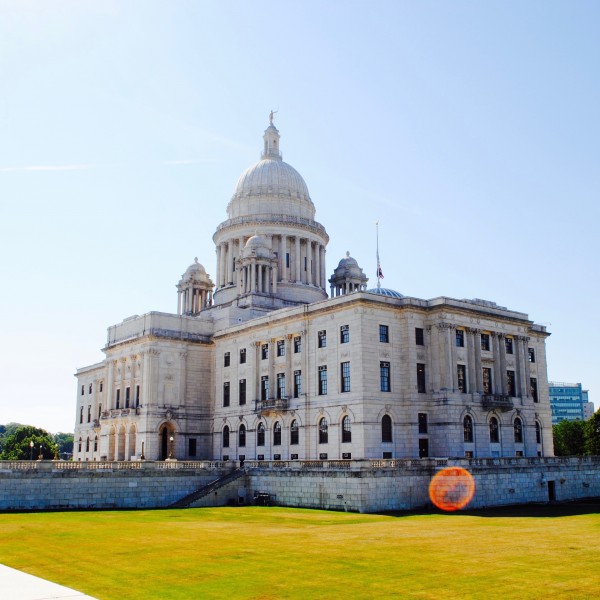 “No matter how you look at it, this project is a money-maker for the utility at the expense of our community and our state,” said Representative Almeida. “National Grid is asking us, the ratepayers, to foot the $180 million bill for this project, for what? So they can increase their own profits by exporting LNG out of the state! This does nothing to benefit our constituents, and it does nothing to benefit my neighbors on the South Side. All this proposal will do is transfer money from ratepayers’ pockets to National Grid’s coffers, and we’re not going to accept it.”
“No matter how you look at it, this project is a money-maker for the utility at the expense of our community and our state,” said Representative Almeida. “National Grid is asking us, the ratepayers, to foot the $180 million bill for this project, for what? So they can increase their own profits by exporting LNG out of the state! This does nothing to benefit our constituents, and it does nothing to benefit my neighbors on the South Side. All this proposal will do is transfer money from ratepayers’ pockets to National Grid’s coffers, and we’re not going to accept it.”
